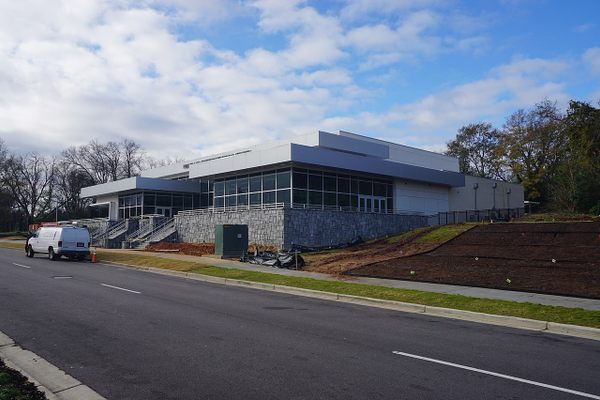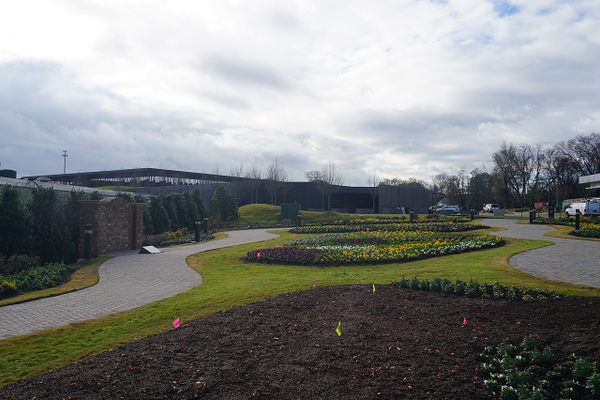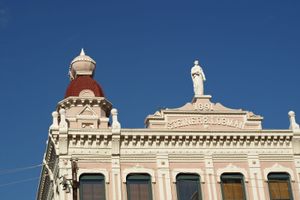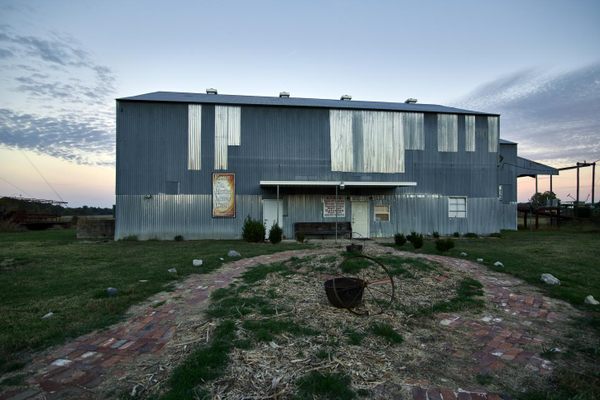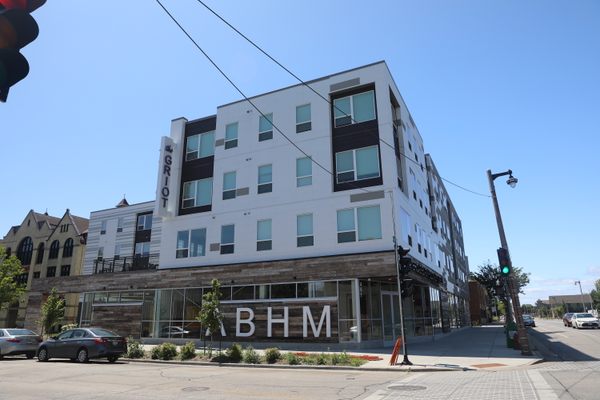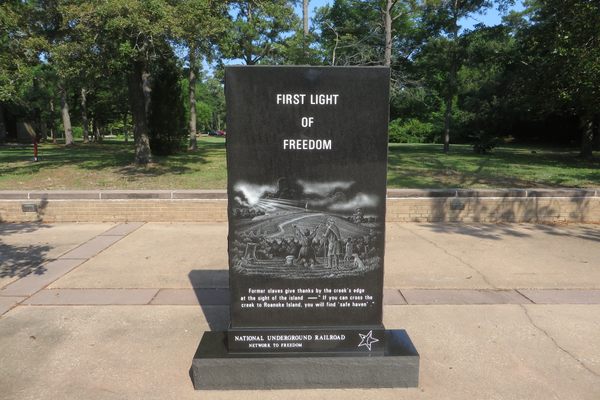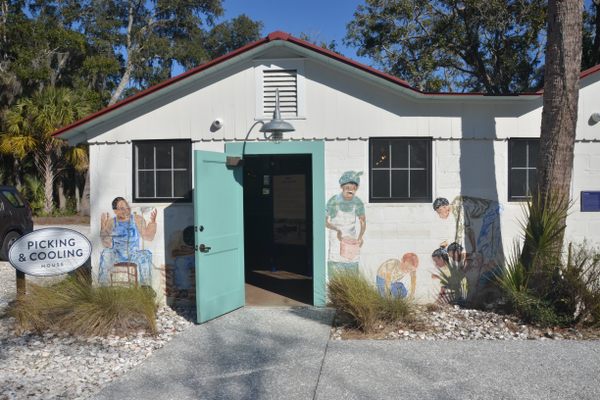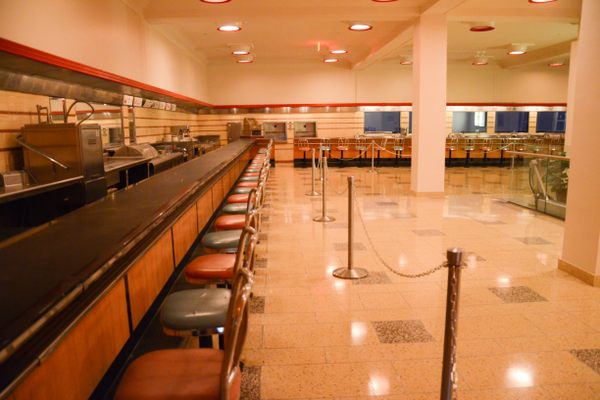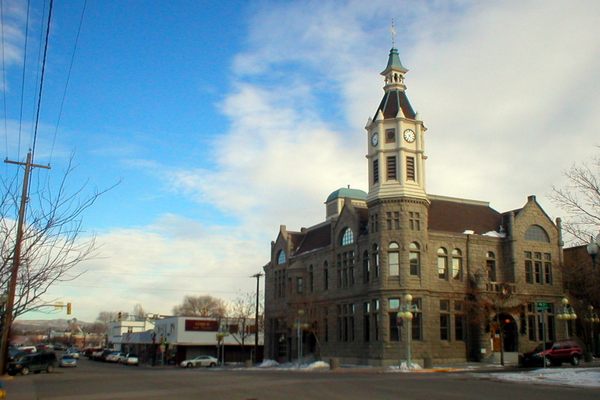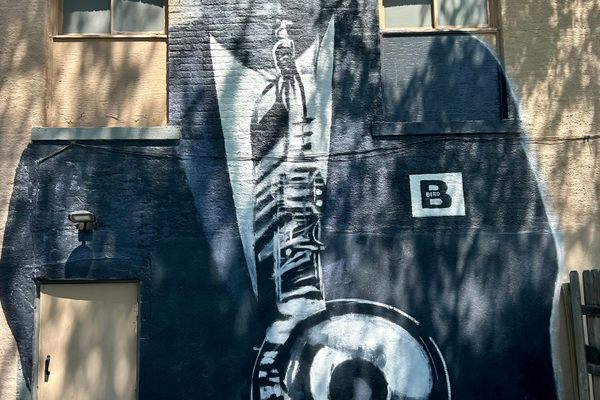About
In the South, where whole Black communities sport the last names of past plantation owners, antebellum mansions still throw shadows on overgrown fields, and settees with cushions cut through by the swords of Union soldiers during Sherman's march still haunt grandparents' attics, American history feels a little closer and more personal than it does in other places.
That proximity to history is part of what makes Montgomery, Alabama, the city where Rosa Parks famously caused a row on a city bus, such an apt home for the memorial to those lost to slavery and lynchings, and those tormented by racist Jim Crow laws.
At the entrance of the National Memorial for Peace and Justice, an outdoor series of sculptures, white text on gray panels greets visitors with a matter-of-fact, chronological history of the exploitation, torture, and racial violence against Africans and Black Americans that has spanned the past 300 years.
The panels lead up a hill between oxidized metal walls and pristine lawns toward the heart of the memorial. Then, for a while, there's no text to read except for names: the name of a county, and below it, a list of names of the people murdered there. In a covered, open-air structure, there are coffin-like metal blocks for each American county where lynchings took place hanging from the ceiling over a circular walkway. Further down the pathway, before a wall covered in a waterfall, some reasons for the lynchings are listed, such as registering to vote, smiling at the shop owner's wife, or standing around in a white neighborhood.
The panels near the entrance read: "We believe that telling the truth about the age of racial terror and reflecting together on this period and its legacy can lead to a more thoughtful and informed commitment to justice today." This is a somber and elegant work of architecture, a powerful history lesson, and a memorial long overdue.
Related Tags
Know Before You Go
An indoor museum, The Legacy Museum: From Enslavement to Mass Incarceration, is located a few blocks away from the outdoor memorial, at 115 Coosa Street. Combination tickets can be purchased at the ticket office (130 Commerce Street) or online. Find hours online; both destinations are closed on Tuesdays.
Community Contributors
Added By
Published
October 26, 2018




